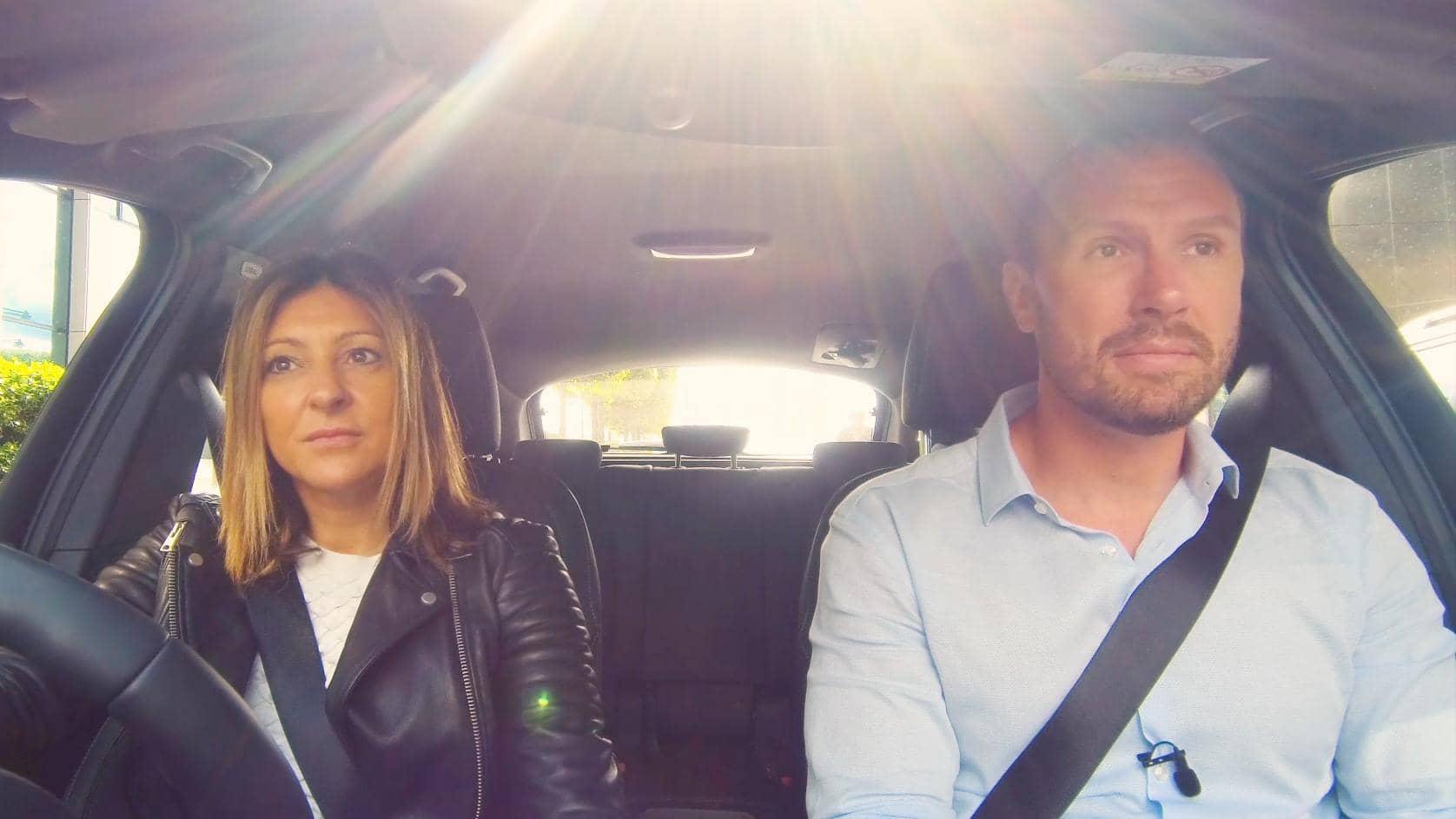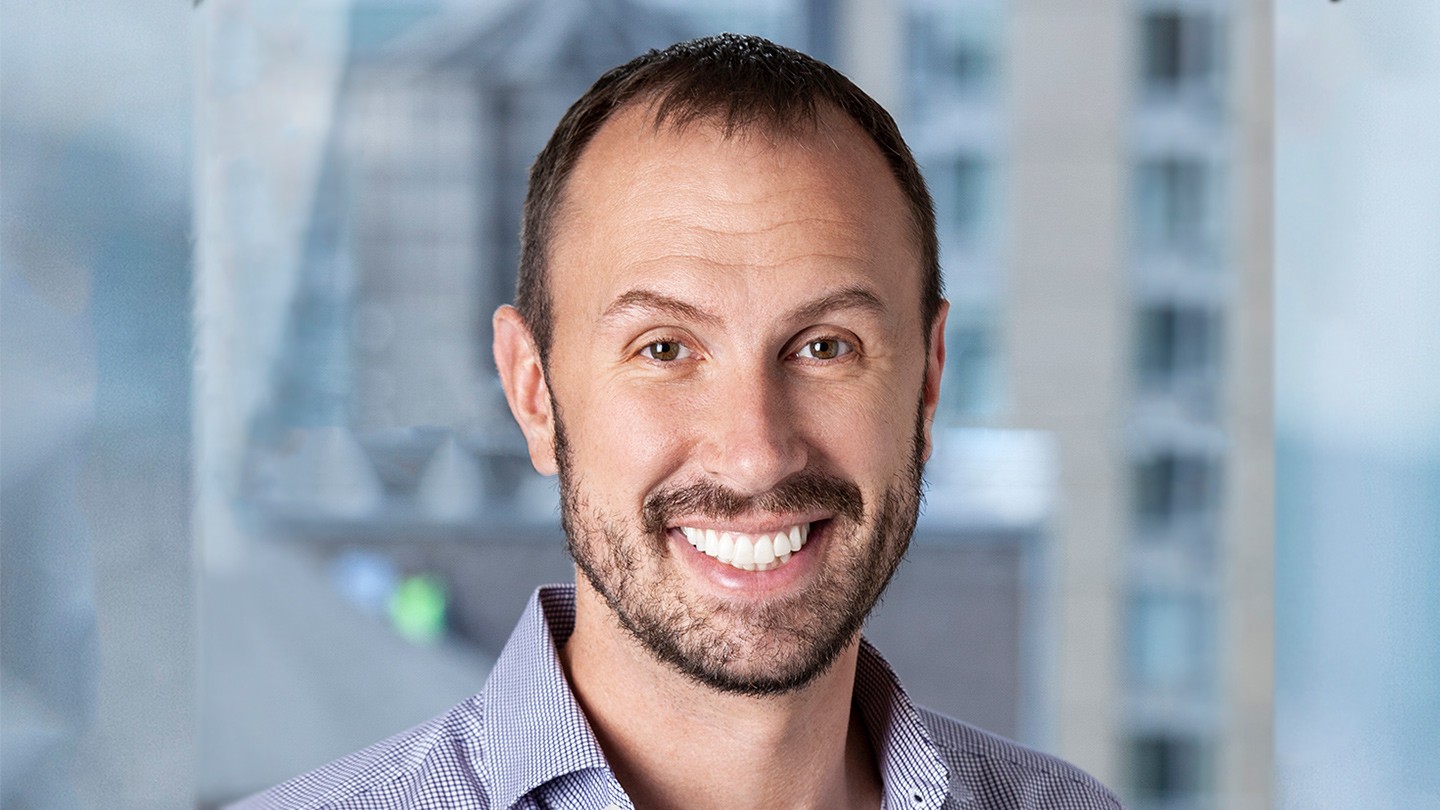
Innovation
The Innovators of Barclays: getting personalisation right
As a child, John Stecher would drop his Lego models off the roof of his family home to see if they broke. Now Group Chief Technology and Innovation Officer at Barclays, based in New York, Stecher discusses what innovation means to him – from his lifelong passion for building things that work to how to cope with the pace of technological change.
The coolest thing about all the great creations or products that have been made over the past few years is that they make people's lives fundamentally better. There has not been just one massive innovation that has changed everybody's lives – it’s incremental. Tech today is about incrementally making people's lives better, so that we are all a little bit happier day-to-day.
What good innovation looks like
I've always been a big engineering geek and I've always been a big aeroplane geek. I think that air travel and space travel is the greatest innovation ever. The ability to actually go from somewhere like New York to London in five-and-a-half hours on a plane, to see people face-to-face who in the past you would have had to write letters to instead, was game-changing.
On the flipside, and this might sound a little bit controversial given the world we live in, but I actually think constant notifications on phones is my least favourite innovation. The ability to be in constant contact with people doesn't leave much space to think anymore. I think it actually stifles the creativity of the human mind because you're so interrupt-driven. I actually turn my phone off sometimes.

John Stecher is Barclays Group Chief Technology and Innovation Officer
Why I’m passionate about innovation
As a 10-year-old, innovation to me was building cool Lego models. I loved to build interesting, strange, structures, drop them off of the side of our house to see if they would survive the crash. That's what got me into engineering.
If I could change one thing through innovation I would democratise technology. I think access to technology and access to the ability to build things is still pretty asymmetric. For example, making programming easier for people, getting it to be something that we teach people early on gives people the tools to go off and start to think differently.
What innovation means to Barclays
Barclays does some very innovative stuff and it’s not just technology driven – it’s also process driven. Often, people conflate technological change with innovation, but the reality is, being innovative can be just changing a simple process to make somebody's life easier by eliminating steps from some cumbersome thing.
More broadly, I think service is going to become much more personalised, and you're going to see a lot more intelligent systems helping people out. Things like Siri and Alexa and Google Voice are already insanely good. When you're out and your hands are full and you have kids on your back and you're trying to find where the heck is the nearest bathroom, these devices are amazing. I think you're just going to see that continue to explode over the next few years.
A lot of people focus on the hot topics like the artificial intelligence space, distributed ledger technology and what not. I personally think that they're tools, just like programming languages, that people will end up using to execute ideas. I think the bigger change is people's shift back to being much more private and caring about their data. We went through a period of time where everybody shared everything. I think consumers have now realised the ramifications of that and are concerned about what that leads to in the future.
What the future holds for Barclays
One of the things that banks have always done well is they've always been a secure store of value. And if you consider a world of people who increasingly care about their data, we've always done a pretty good job of protecting their privacy.
As a result, I think we’re going to continue to see more positive viewpoints put on the financial institutions because of our history of doing well at that stuff.
In terms of what else we can do to future-proof our business, I think it's about activating the employee population to think much more about what they can do to make the bank better.
I think it's up to us in technology to deliver platforms that allow people to actually execute, to get things done – then it's up to the people to use that freedom to think.
We also need to continue to deepen focus on our clients, making sure that we understand their wants and needs across the board. I think being more personal rather than less personal with clients is something that we need to get right. And we need to continue the investment that we're already making in the career path for technologists and engineering folks inside of the firm. That’s where we will differentiate ourselves.